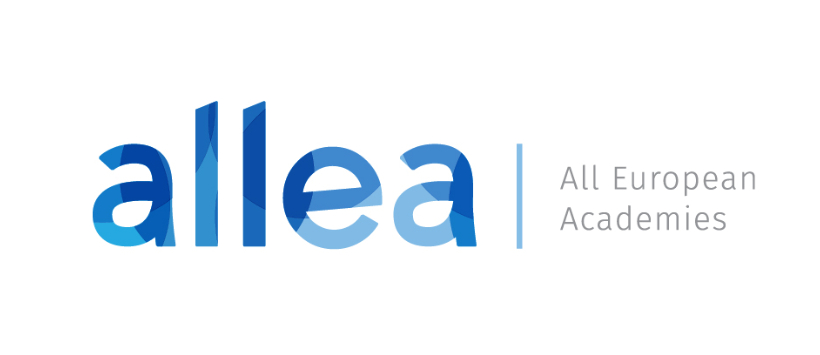A patent waiver is not a silver bullet in the pursuit of vaccine equity
“Rather than a World Trade Organization patent waiver, COVID-19 vaccine equity requires measures with immediate effect on the manufacturing and distribution of vaccines in the Global South and improved compulsory licensing mechanisms” – scientists from the ALLEA write in their newest statement. The Polish Academy of Sciences is a member of the ALLEA.

The low level of COVID-19 vaccination in the Global South is ethically unacceptable and risks prolonging the pandemic. The patent waiver in discussion since 2020 within the World Trade Organization (WTO) will not solve these vaccination bottlenecks in the short-term. Instead, additional measures should be adopted to accelerate local manufacturing and distribution of vaccines in low- and middle-income countries (LMICs), ramp up investment in vaccination campaigns, and facilitate the compulsory licensing of patents and transfer of know-how.
ALLEA, the European Federation of Academies of Sciences and Humanities, released a statement today assessing the legal hurdles of the current patent waiver proposal for COVID-19 vaccines within the WTO. It also proposes alternative mechanisms to achieve vaccine equity and speed up the transfer of technology and know-how for vaccine roll-out across LMICs.
In particular, the statement advocates for (i) practical measures that could accelerate the production, export, distribution, and administration of vaccines worldwide and (ii) an international mechanism affording additional scrutiny of the manufacturing bottlenecks combined with new measures in the intellectual property (IP) framework such as flexibility for the compulsory licensing of patents.
According to the experts, the current co-sponsored waiver proposal at the WTO is “not well-tailored to the urgent vaccine problem” and would require further national legislation to have any effect in practice. The statement upholds that a WTO waiver would only remove the obligation for WTO Member States to grant IP protection, but would not ensure that stakeholders can effectively benefit from the invention and related know-how.
“A waiver (in the sense of the co-sponsored proposal at the WTO) of IP protection, including of trade secrets, would never make this know how publicly accessible, but only remove the possibility for companies enjoying confidentiality protection to sue for trade secret infringement”, the experts argue.
There are other IPR measures to be considered instead. The WTO waiver debate has opened the floor to other IP fixes that are needed in the field of health. The WTO rules on compulsory licensing of health-related patents should be amended. Important adjustments to patents and trade secret protections should also be adopted by the EU, its Member States, and other countries. In particular, improved procedures and institutional design should help to streamline the process for compulsory licensing on pharmaceutical products, including vaccines.
About this Statement
This ALLEA statement has been prepared by ALLEA’s Permanent Working Group Intellectual Property Rights (PWGIPR) with Professor Alain Strowel as principal author. Through its working groups, ALLEA provides input on behalf of European academies of sciences and humanities to pressing societal, scientific and science-policy debates and their underlying legislation. With its work, ALLEA seeks to ensure that science and research in Europe can excel and serve the interests of society.
Read more about the ALLEA PWG IPR and its members: https://allea.org/intellectual-property-rights/
About ALLEA
ALLEA is the European Federation of Academies of Sciences and Humanities, representing more than 50 academies from over 40 countries in Europe. Since its foundation in 1994, ALLEA speaks out on behalf of its members on the European and international stages, promotes science as a global public good, and facilitates scientific collaboration across borders and disciplines.
Learn more: https://www.allea.org
